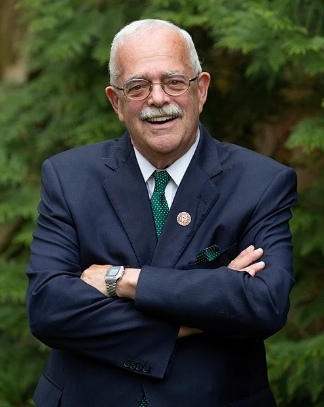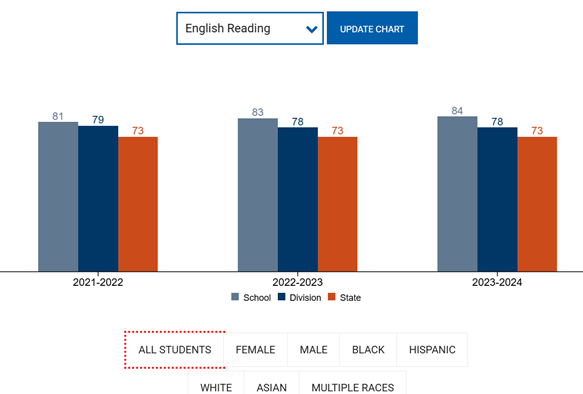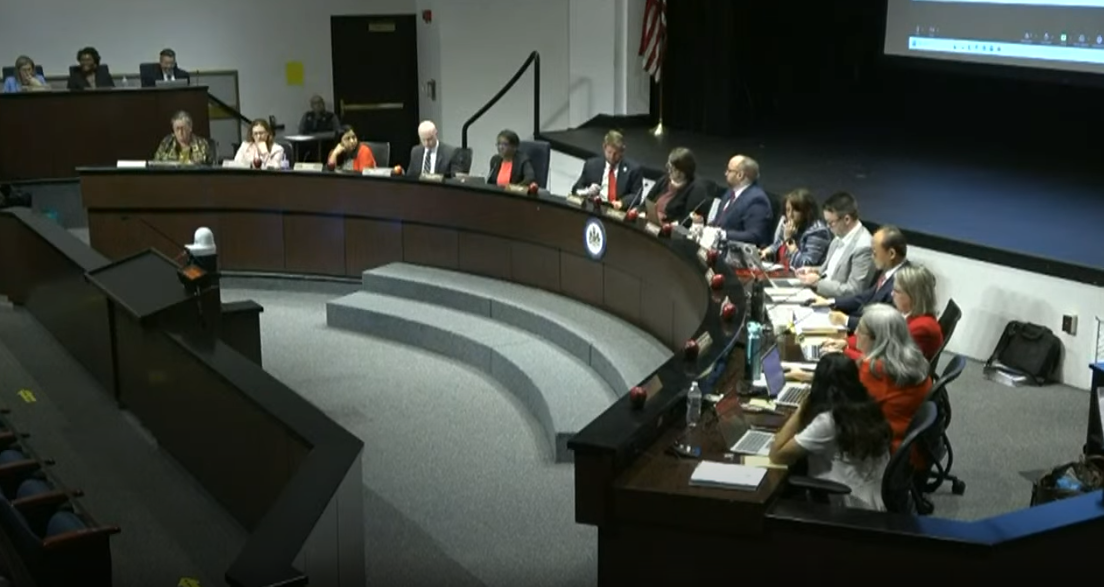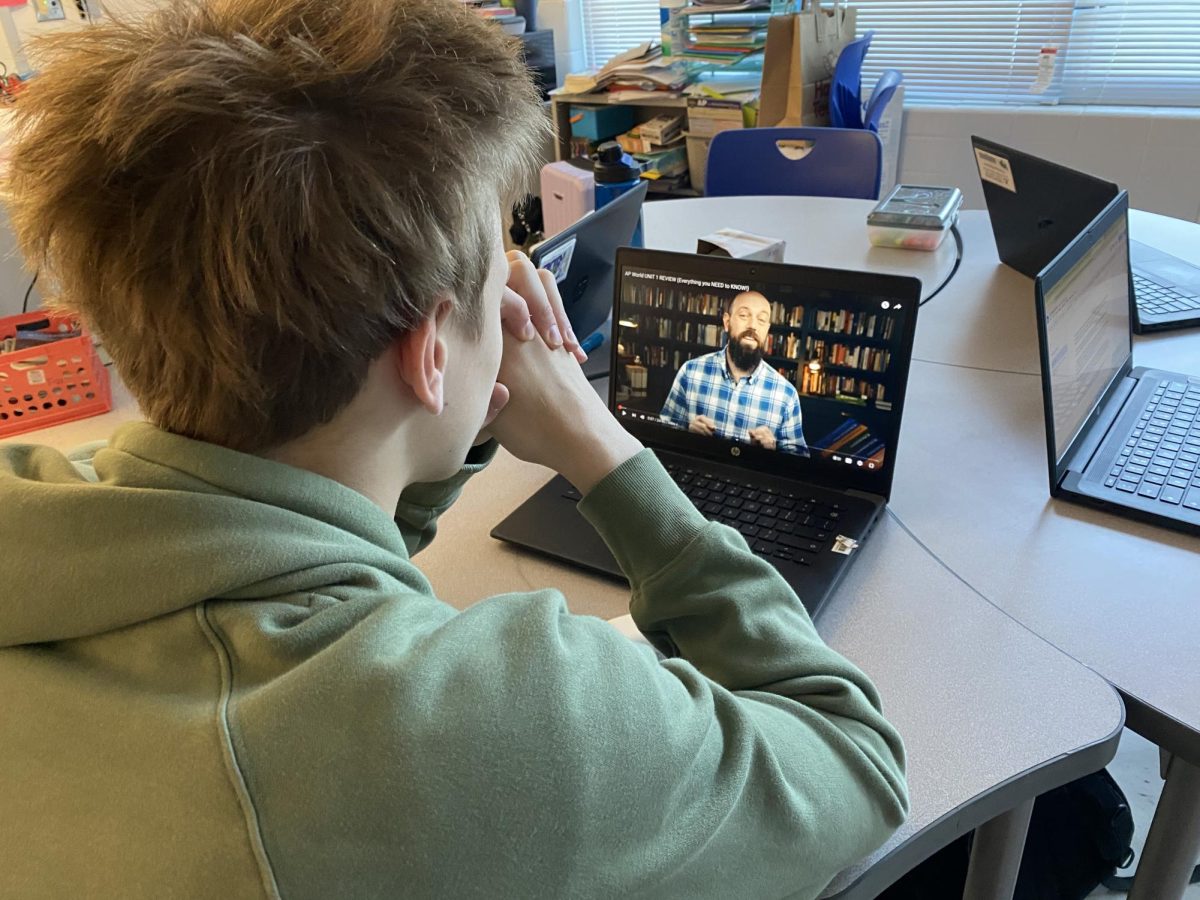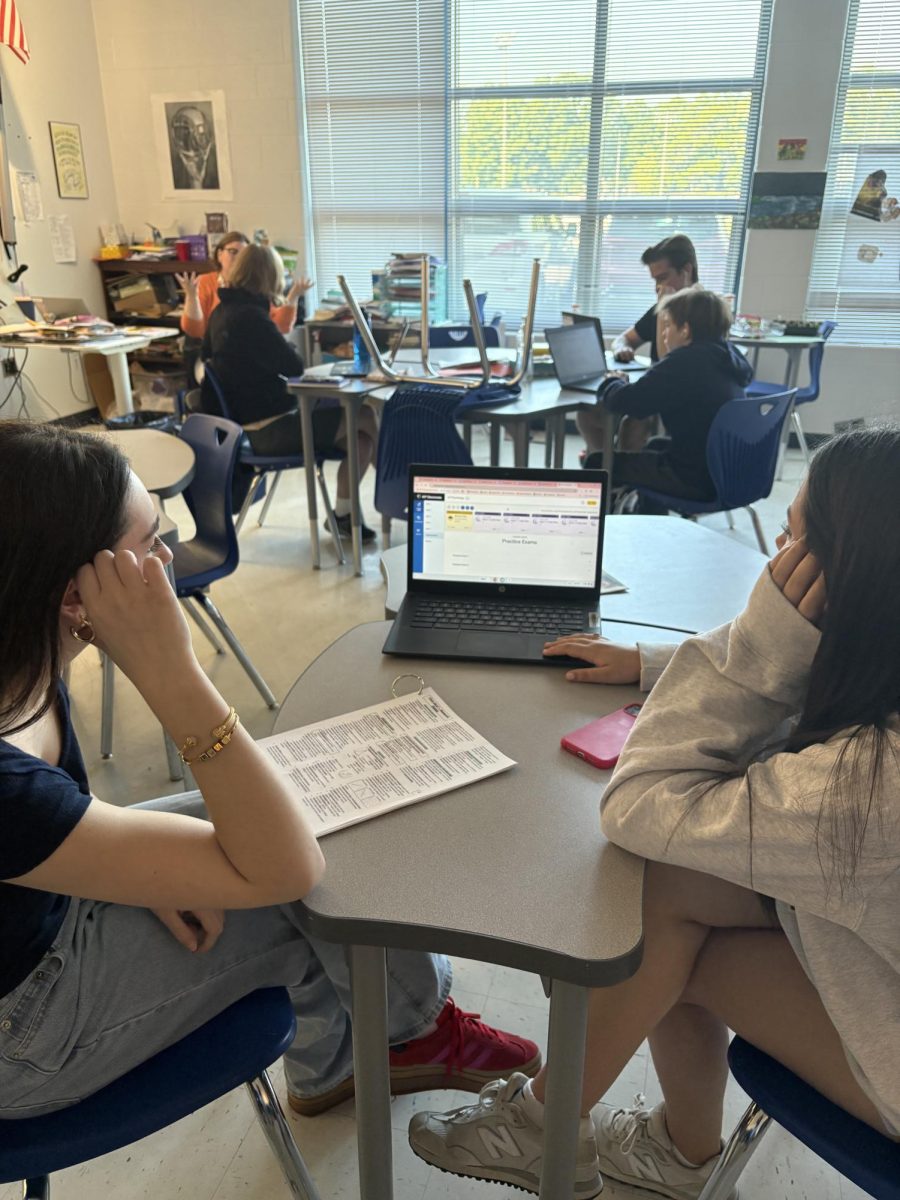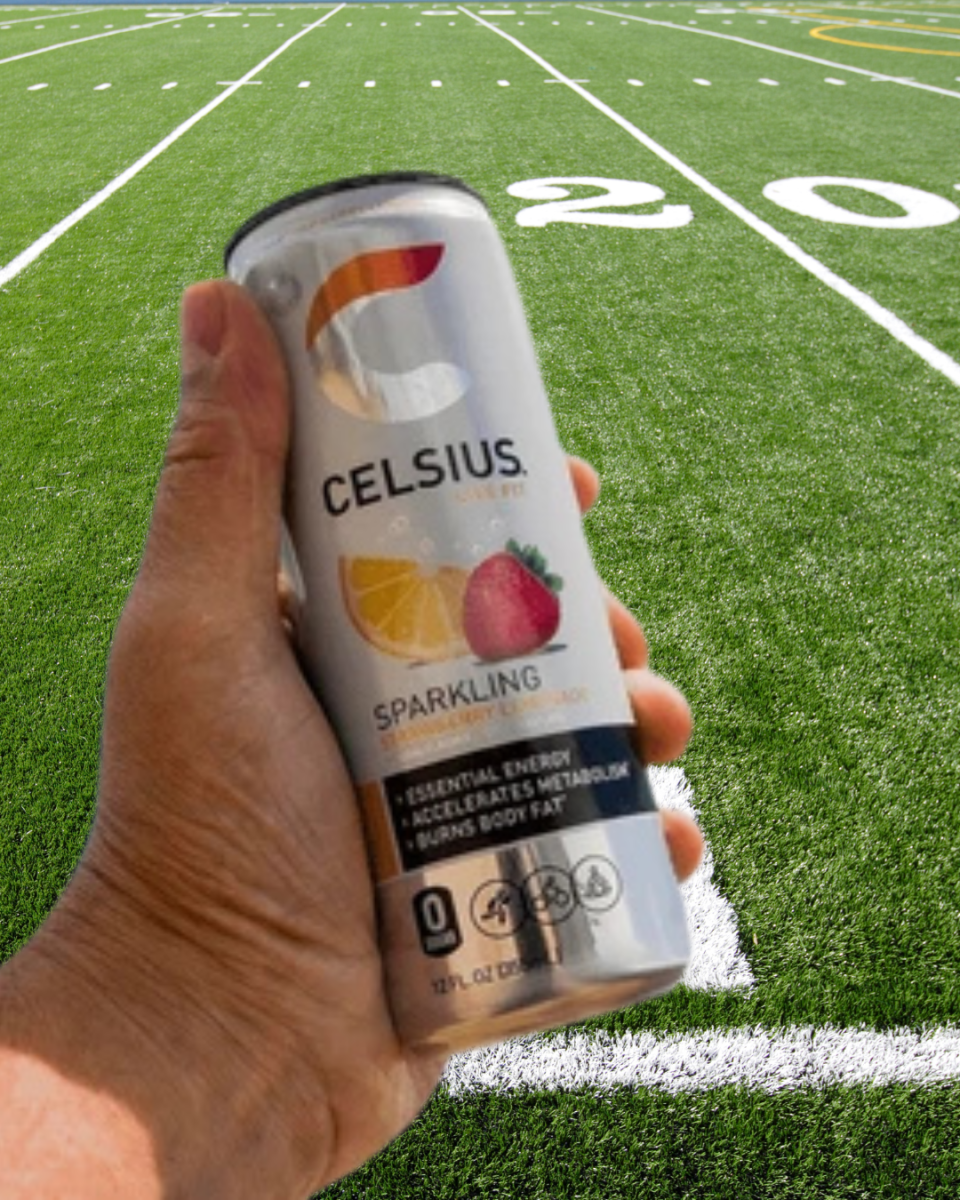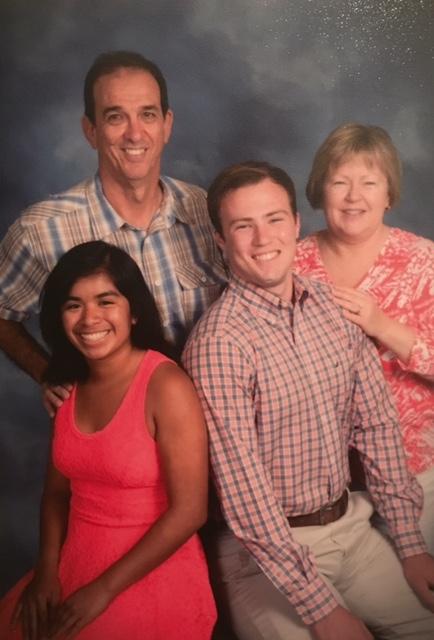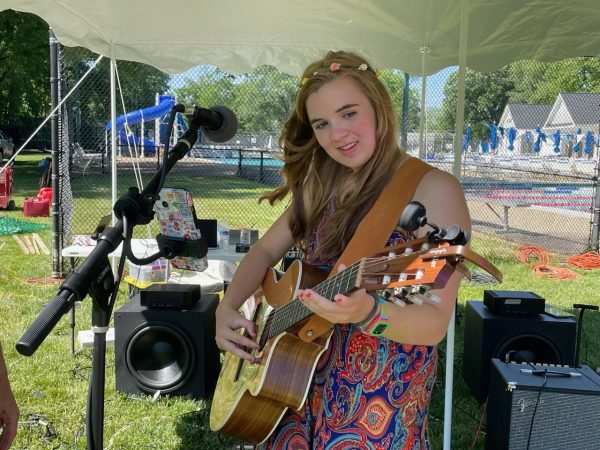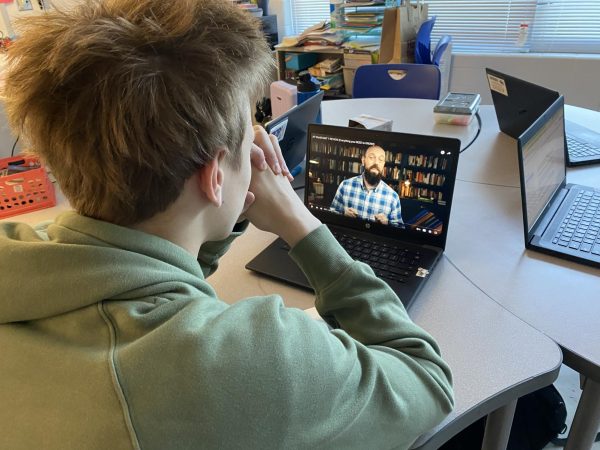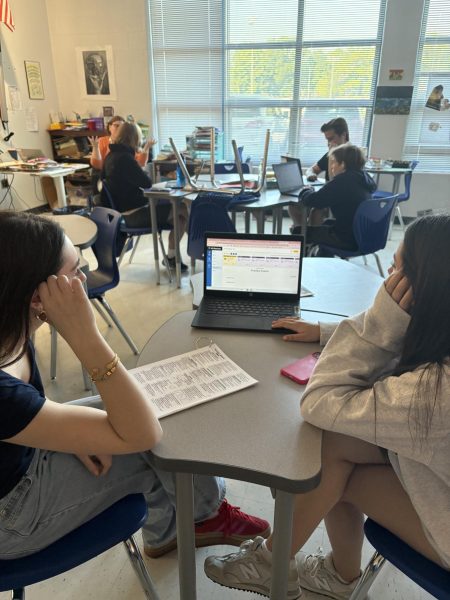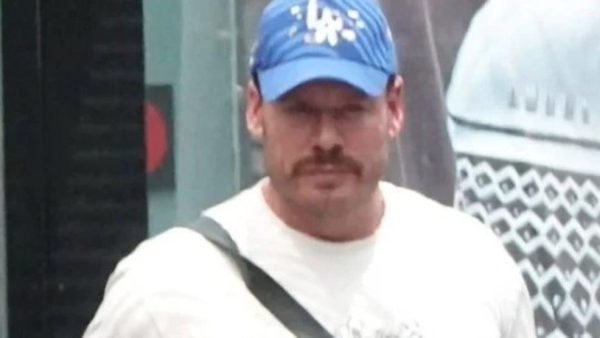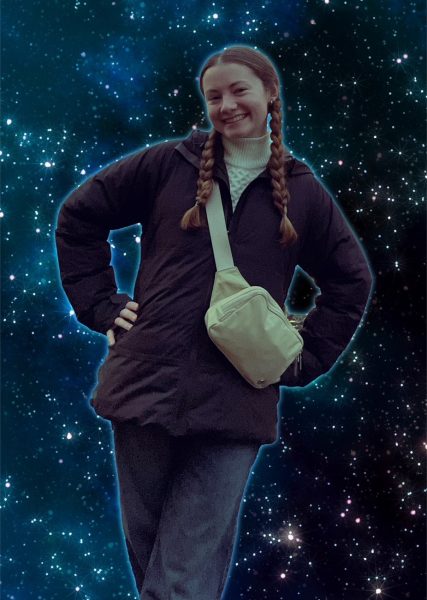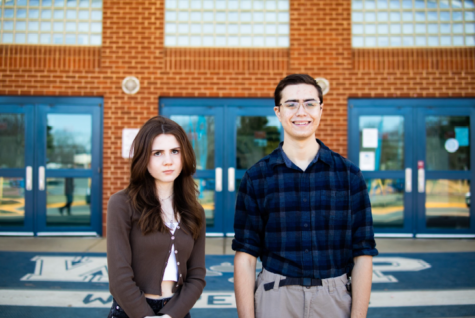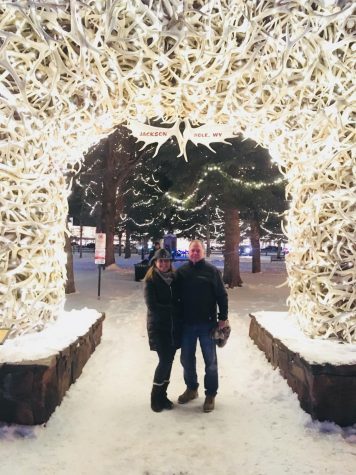Senior Margarita Aleixo Learns of Her True Background
We’ve all been there. You’re in a group of people, and suddenly the topic of your cultural/ethnic origin comes up. Slowly but surely, everyone starts naming off the halves and quarters and eighths of their background. Senior Margarita Aleixo, however, couldn’t partake in the conversation—until now.
Adopted from Guatemala at six months old, Aleixo doesn’t know anything about her biological parents, including their ethnicities, nor does she have records of when she was born.
“I’ve never really known what true ethnicity I am because I knew I was from Guatemala but I didn’t have any records of my parents or where they’re from,” she said.
At the suggestion of her doctor to be more aware of any health conditions intertwined with her ethnicity, Aleixo and her parents decided it was time for her to take a DNA test to see where her genes originate from.
“My parents and I were both like, ‘We should try and get a DNA test’ and my doctor recommended this online kit, so I took a sample, we sent it to them and then they sent us the results online,” Aleixo said. “It’s really cool because it showed not just the top three regions where my DNA comes from but also from 50,000 years ago.”
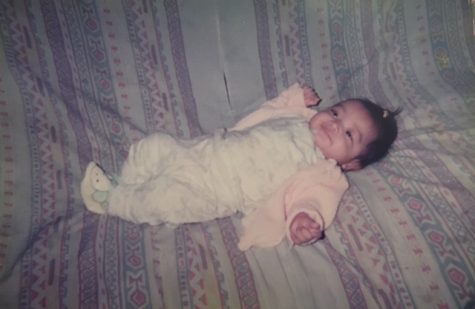
The results shocked her.
“What the catch was was that it had no percentage that I had any part Guatemalan,” she said. “I never would have thought that I would have been some South American Indian or Mexican Indian.”
The results from the DNA proved Aleixo to be 60 percent Tarahumara Indian (a tribe of Indians in Northern Mexico, 15 percent Iroquois, and 15 percent Pima Indian, also from Mexico). She also had a small percentage from the Ayoreo Indians, which come from Paraguay and Bolivia.
An interesting thing to note is the surprising connection Aleixo learned she has to her roots.
“I found out that the Tarahumara people had this really big impact on barefoot running which I thought was really cool because I run,” she said. “It’s not like I ran because I had to (20 percent of it is because my brother ran) but the other part is that in elementary school I did Girls on the Run and I enjoyed it and I was like ‘I’ll run in high school’ and I don’t hate running even though my feet are messed up. I like it and it’s cool to do something that you didn’t know your origin or culture ended up also doing,” said Aleixo, who has run track and cross country throughout her high school career.
She said that she never took the test until now because she wouldn’t have truly grasped the significance of finally learning the results if she were younger. She often thinks about what her life would be like if she had remained in Guatemala.
“It’s kind of sad to picture myself because there because the place is really impoverished and there’s not a lot of opportunities as there is here,” Aleixo said. “Being here I have been grateful for that for so long. Life is so much more different here related to there. I feel like it would have been hard for me there and I mean I would have been raised there so it would have been normal but it’s alien to think of a life like that where it’s a struggle to find things you need instead of things you want.”
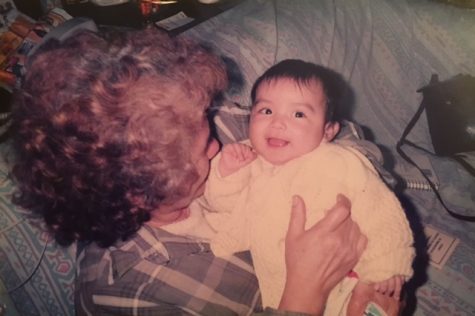
However, Aleixo, who has never been back to Guatemala since being adopted, hopes to visit soon.
“I definitely want to go back as soon as possible,” she said. “I definitely want to feel as intertwined in that culture as I do in America.”
However, she is happy with the life she has in the United States now.
“My family [that] I have now [have] given me the biggest support in my life and I wouldn’t change a thing about my life with them,” she said. “It sounds cliche, but they’re the ones that literally have brought me here and I’m so grateful for them.”
The results from the DNA test have had an incredibly positive impact on Aleixo, and she says have made her much happier.
“To finally know…it wasn’t until that day that I got the results where I realized that it was such a special moment in my life where it was like ‘I finally know and all these answers are answered,’” she said. “That day from here on out made me a lot happier. It opened my eyes so much so I know who I am.”
Cami joined journalism in her junior year because she loves writing. She has been a tutor in the West Potomac Writing Center since Sophomore year. This...



